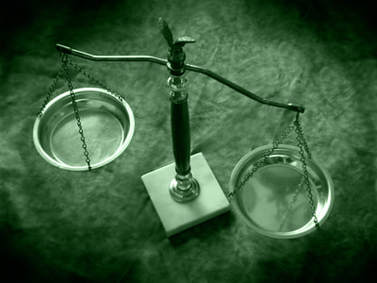
The purpose of filing for Chapter 7 bankruptcy protection is to discharge your debts and obtain a “fresh start”.
When an individual files a Chapter 7 bankruptcy Petition, the court imposes a restraining order called the “automatic stay”. Creditors must immediately halt collection efforts. This has the effect of creating a bankruptcy “estate”, which, in general, consists of the bankruptcy debtor’s non-exempt property.
A trustee will be appointed to review and administer the debtor’s bankruptcy estate. The bankruptcy trustee will sell or liquidate property to pay creditors, if the property is not exempt. Applicable law allows debtors to “exempt” (protect) and retain certain property. The exempt property is excluded from the bankruptcy estate. Chapter 7 debtors can protect property such as bank account balances, real estate, vehicles, and household furnishings up to certain dollar limits. A trustee usually will not liquidate property unless there is significant value in the property above and beyond the amount owed on any lien or mortgage, plus the amount of the debtor’s exemptions, plus the amount of expense that the trustee would incur in liquidating the property.
In general there are two types of Chapter 7 bankruptcy cases. The first is a business case in which the debts are primarily related to the operation of a business. The second is a consumer case where the debts are mostly personal debts, such as residential mortgages, personal vehicle loans, credit cards used primarily for consumer purposes, medical bills, personal loans, etc. If the individual’s debts are not primarily business related, then typically the individual must pass the “means test” in order to be eligible to file for Chapter 7 bankruptcy relief. The means test is complicated, but, in general, the individual’s average income during the six months prior to the date that the bankruptcy case was filed is compared with certain expense allowances in order to calculate whether the individual has sufficient disposable income (sufficient “means”) to pay back some or all of the debts. However, the business debtor is exempt from the means test requirement. So, if the majority of a person’s debts are not consumer debts, then the means test is not applicable.
The law firm of Paul Reece Marr, P.C. is uniquely positioned to represent individuals in the United States Bankruptcy Court.
If you are considering bankruptcy relief, or would like to learn the various options available to you, please call our office at (770) 984-2255 or fill out our contact request form to schedule a Free Case Consultation.
When an individual files a Chapter 7 bankruptcy Petition, the court imposes a restraining order called the “automatic stay”. Creditors must immediately halt collection efforts. This has the effect of creating a bankruptcy “estate”, which, in general, consists of the bankruptcy debtor’s non-exempt property.
A trustee will be appointed to review and administer the debtor’s bankruptcy estate. The bankruptcy trustee will sell or liquidate property to pay creditors, if the property is not exempt. Applicable law allows debtors to “exempt” (protect) and retain certain property. The exempt property is excluded from the bankruptcy estate. Chapter 7 debtors can protect property such as bank account balances, real estate, vehicles, and household furnishings up to certain dollar limits. A trustee usually will not liquidate property unless there is significant value in the property above and beyond the amount owed on any lien or mortgage, plus the amount of the debtor’s exemptions, plus the amount of expense that the trustee would incur in liquidating the property.
In general there are two types of Chapter 7 bankruptcy cases. The first is a business case in which the debts are primarily related to the operation of a business. The second is a consumer case where the debts are mostly personal debts, such as residential mortgages, personal vehicle loans, credit cards used primarily for consumer purposes, medical bills, personal loans, etc. If the individual’s debts are not primarily business related, then typically the individual must pass the “means test” in order to be eligible to file for Chapter 7 bankruptcy relief. The means test is complicated, but, in general, the individual’s average income during the six months prior to the date that the bankruptcy case was filed is compared with certain expense allowances in order to calculate whether the individual has sufficient disposable income (sufficient “means”) to pay back some or all of the debts. However, the business debtor is exempt from the means test requirement. So, if the majority of a person’s debts are not consumer debts, then the means test is not applicable.
The law firm of Paul Reece Marr, P.C. is uniquely positioned to represent individuals in the United States Bankruptcy Court.
If you are considering bankruptcy relief, or would like to learn the various options available to you, please call our office at (770) 984-2255 or fill out our contact request form to schedule a Free Case Consultation.
